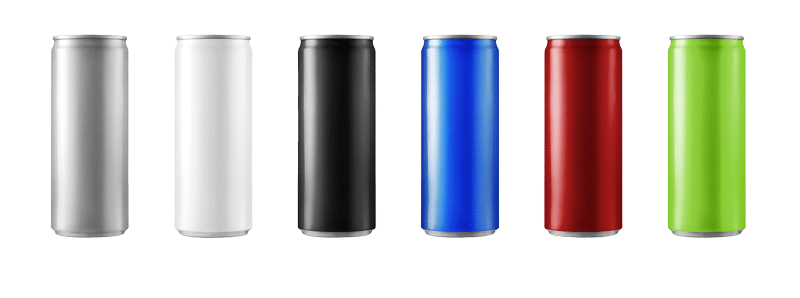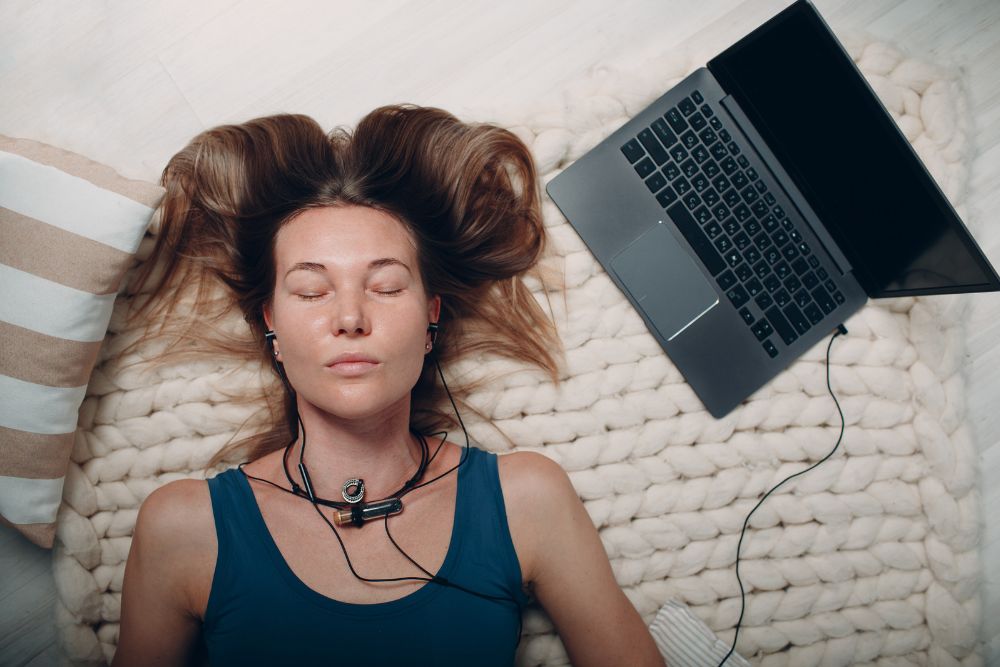
Who is Andrew Huberman, and how has he enhanced NSDR?
Andrew Huberman is a neuroscientist and tenured professor at Stanford University. He is also the host of the popular podcast Huberman Lab, where he discusses the latest research in neuroscience and its applications to human health and performance.
Dr. Huberman has been a vocal advocate for NSDR, and he has helped to popularize the practice through his podcast and his work with the company Madefor. He has also conducted research on NSDR, and he has published several articles on the topic in scientific journals.
Dr. Huberman has made several changes to NSDR, including:
- He has added a focus on the breath, which he believes is essential for achieving a deep state of relaxation.
- He has incorporated elements of mindfulness meditation, which he believes can help to improve focus and concentration.
- He has made the practice more accessible by creating a series of guided NSDR recordings that can be used at home.


